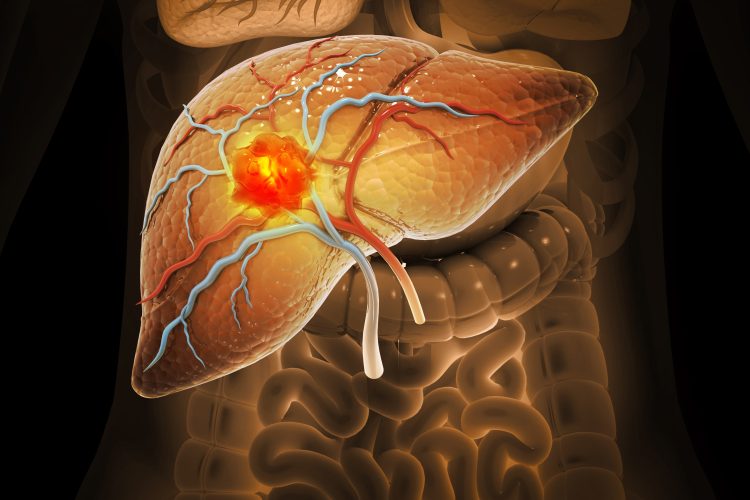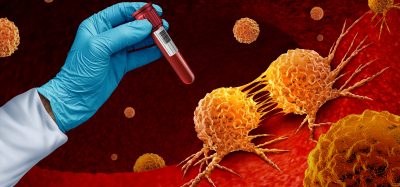Assessing the risk of HCC with machine learning
Posted: 24 June 2024 | Drug Target Review | No comments yet
A novel screening tool may increase the five-year survival rate of hepatocellular carcinoma patients to 90 percent.


Researchers at the University Pittsburgh School of Medicine have developed a serum-fusion-gene machine-learning (ML) model. Due to its enhanced accuracy in early diagnosis of hepatocellular carcinoma (HCC), the most common form of liver cancer, this screening tool could increase the five-year survival rate of HCC patients from 20 percent to 90 percent.
The most common screening test searches for the HCC biomarker, serum alpha-fetal protein. However, it is not always accurate, and up to 60 percent of liver cancers are diagnosed at advanced stages, meaning a poor survival rates for patients. Lead investigator Dr Jian-Hua Luo, Department of Pathology, High Throughput Genome Center, and Pittsburgh Liver Research Center, University of Pittsburgh School of Medicine, commented: “What we need is a cost-effective, accurate, and convenient test to screen early-stage liver cancer in human populations. We wanted to explore if a machine-learning approach could be used to increase the accuracy of screening for HCC based on the status of the fusion genes.”
The team analysed nine fusion transcripts in serum samples from 61 patients with HCC and 75 patients with non-HCC conditions using real-time quantitative reverse transcription PCR (RT-PCR). In HCC patients, seven of the nine fusions were often found. Then, based on the serum fusion-gene levels to predict HCC in the training cohort, ML models were generated.
An accuracy of 83 percent to 91 percent in predicting the occurrence of HCC was produced from a four fusion gene logistic regression model. When combined with serum alpha-fetal protein, the two-fusion gene plus alpha-fetal protein logistic regression model produced 95 percent accuracy for all the cohorts. Additionally, quantification of fusion gene transcripts in the serum samples accurately evaluated the impact of the treatment and could monitor for the recurrence of the cancer.
Dr Luo explained: “The fusion gene machine-learning model significantly improves the early detection rate of HCC over the serum alpha-fetal protein alone. It may serve as an important tool in screening for HCC and in monitoring the impact of HCC treatment. This test will find patients who are likely to have HCC.”
The study was published in The American Journal of Pathology.
Related topics
Cancer research, Machine learning, Oncology, Screening
Related conditions
Cancer Research, hepatocellular carcinoma (HCC)
Related organisations
University Pittsburgh School of Medicine








